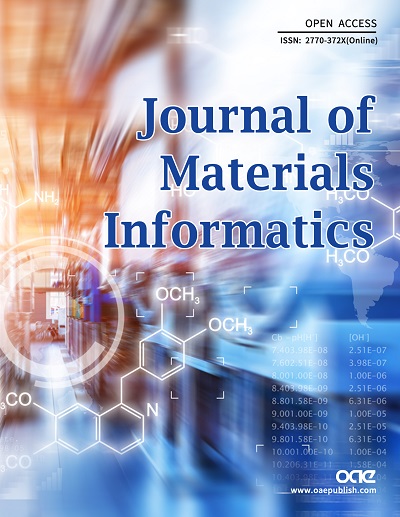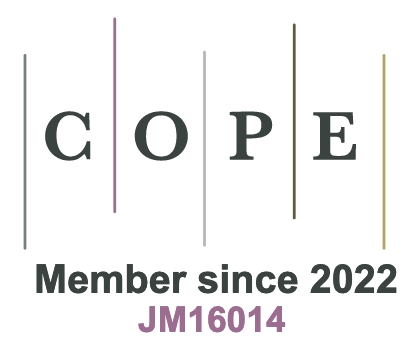
Topic: Exploring Materials Informatics: Emerging Technologies Inspired by the 2024 Nobel Prize
A Special Issue of Journal of Materials Informatics
ISSN 2770-372X (Online)
Submission deadline: 31 Jul 2025
Guest Editor(s)
Prof. Tong-Yi Zhang
Department of Mechanical and Aerospace Engineering, The Hong Kong University of Science and Technology (Guangzhou), Guangzhou, Guangdong, China.
Prof. William Yi Wang
School of Materials Science and Engineering, Northwestern Polytechnical University, Xi'an, Shaanxi, China.
Special Issue Introduction
The 2024 Nobel Prizes in Physics and Chemistry highlight the revolutionary advances in artificial intelligence (AI) technologies, which are revolutionizing many scientific disciplines, including materials science. Innovations in generative models, deep learning, and reinforcement learning are ushering in a new era in materials discovery, design, and optimization.
These AI-driven approaches are accelerating the development of next-generation materials and enabling the efficient, sustainable discovery of novel materials with tailored properties. In particular, multi-scale modeling and data-driven methodologies are providing deeper insights of material behavior across various scales, from atomic structures to large-scale applications.
This Special Issue celebrates and builds upon the transformative insights inspired by the 2024 Nobel Prizes, exploring the intersection of AI and materials science, and fostering innovations poised to redefine the future of materials research. We invite contributions from researchers and innovators in materials informatics and AI, with a focus on the following topics:
● AI for Materials, AI for Science, and AI for smart manufacturing;
● AI-enabled materials data acquisition and database construction;
● Machine learning models for material property prediction and optimization;
● Self-driving laboratories and experimental automation;
● Multi-scale modeling and simulations powered by AI;
● Data-driven approaches to uncovering fundamental material behaviors;
● Large language models (LLM) and AI agents, along with their applications in material design and manufacturing.
These AI-driven approaches are accelerating the development of next-generation materials and enabling the efficient, sustainable discovery of novel materials with tailored properties. In particular, multi-scale modeling and data-driven methodologies are providing deeper insights of material behavior across various scales, from atomic structures to large-scale applications.
This Special Issue celebrates and builds upon the transformative insights inspired by the 2024 Nobel Prizes, exploring the intersection of AI and materials science, and fostering innovations poised to redefine the future of materials research. We invite contributions from researchers and innovators in materials informatics and AI, with a focus on the following topics:
● AI for Materials, AI for Science, and AI for smart manufacturing;
● AI-enabled materials data acquisition and database construction;
● Machine learning models for material property prediction and optimization;
● Self-driving laboratories and experimental automation;
● Multi-scale modeling and simulations powered by AI;
● Data-driven approaches to uncovering fundamental material behaviors;
● Large language models (LLM) and AI agents, along with their applications in material design and manufacturing.
Keywords
Artificial intelligence (AI), materials informatics, machine learning, database construction, experimental automation, Nobel Prize 2024
Submission Deadline
31 Jul 2025
Submission Information
For Author Instructions, please refer to https://www.oaepublish.com/jmi/author_instructions
For Online Submission, please login at https://www.oaecenter.com/login?JournalId=JMI&IssueId=jmi2507312337
Submission Deadline: 31 Jul 2025
Contacts: Mengyu Yang, Assistant Editor, JMI@oaepublish.com








